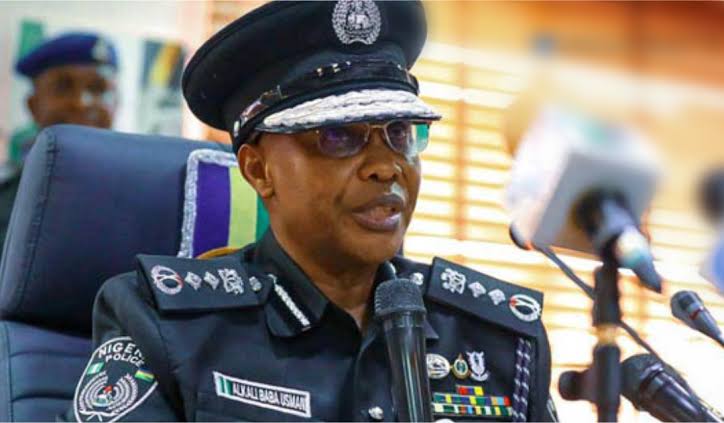Security of life and property is a necessary condition for progress and development of any society. And the principal agency charged with the responsibility of internal peace and security of any nation is the Police. Nigeria Police Force, a creation of the colonial masters, right from its inception, faced daunting challenges in a bid to fulfil its objective of providing adequate security to Nigerians.
This development has led to series of reform recommendations for the security outfit which are yet to be actualised even to this day. It is this prevarication over what the Police methods and standard procedures are as well as a clear definition of its role in society vis-à-vis the people’s expectation that are at the core of the misunderstanding that the Force face.
Without doubt, the Police Force is largely the reflection of the society in which it exists and functions. It is molded out of the experience of that society. In Nigeria, it was created to serve the political exigencies of British imperialism. It came into existence when the British Consul along the coast found out that the exploitation of the available resource would be possible if there was Police control over the land
There is no gainsaying it that corruption is widespread in Nigeria, but the bogey of corruption in the Nigerian Police Force is an extension of what obtains in the larger society. It will be naïve for Nigerians to assume that the men and women of the Force will be transformed into angels just because they don the uniforms that make them officers of the law.
It is often self-serving, in our considered opinion, to criticise the operatives in uniform when they extort money from members of the public at roadblocks and police stations. When it is realised that those men and women, in most cases, buy their own uniforms and other official gears, the tendency to put them on the gallows will be restrained. Those perceived corrupt inclinations are symptoms of bureaucratic failures that the officers and men live with even as they have to keep a straight face in the execution of their constitutional duties.
In spite of attempts to reform the NPF, the institution has maintained its undesirable old skin because, most often, those attempts are half-hearted and superficial, barely scratching the surface. Previous police reform efforts seem to have been motivated by the need for regime survival, rather than an attempt to make policing more effective.
Successive administrations had initiated reforms to revitalise the NPF. The most current which were initiated as far back as 1999, have not achieved set goals as issues of securing lives and property have since deteriorated to a point where the Police, overwhelmed due logistical and administrative insufficiencies, are falling short of handling internal security challenges as they should.
In 1989, Admiral Murtala Nyako was appointed to lead a police reform team, yet all through those years, it was all platitude without much action in the real sense of the word. Two years later, a presidential panel headed by Professor Tekena Tamuno submitted a report that was never considered by the government. In 2006, there was another panel set up by President Olusegun Obasanjo and chaired by former Inspector General of Police-Muhammad Danmadami. In 2008, a fresh committee of experts led by another former Inspector General of Police, Muhammadu Dikko Yusuf, submitted a well-articulated report with 125 recommendations. Again, nothing came out of that report.
The police reforms by the Committee on Vision 2010 were also discarded. Even the report of the 2012 police reform committee headed by Parry Osayande did not see the light of the day.
Police brutality is not unique to Nigeria. The menace is almost universal. It is the level of accountability and transparency in policing that makes the difference in some countries, such as the UK and Canada, which we see as models. In Nigeria such is instigated by the level of frustration that is so unbearable that it is taken out on the public. We are by no means rationalising such untoward behaviour that has impacted negatively on their integrity, performance and image. On the contrary, we suggest that Police be reformed and equipped suitably so as to make brute use of force in the performance of their duties unattractive.
It is pertinent to emphasise that the police and other security agencies in Nigeria are key players in the government’s efforts to handle the problems faced in the transition to democracy. Ending police abuses and increasing police effectiveness and accountability will help to make democracy more meaningful to the majority of the people, especially the poor and vulnerable.
The constitution should be reviewed to reform the appointment and dismissal of the Inspector General of Police. At present, that helmsman holds his job at the pleasure of the President. An aberration, in our view. The recommended reform is that the President should submit a list of qualified candidates to the National Assembly for selection.
In order for police and security reforms in Nigeria to be effective, we are of the view that certain structural changes are necessary. Key institutional reforms must be implemented for community-based policing to be institutionalised and effective, including the decentralisation of authority, beat orientation, forward planning, performance evaluation, strategies to overcome officer resistance streamlined and sufficient funding made available. Nothing short of these will suffice.





